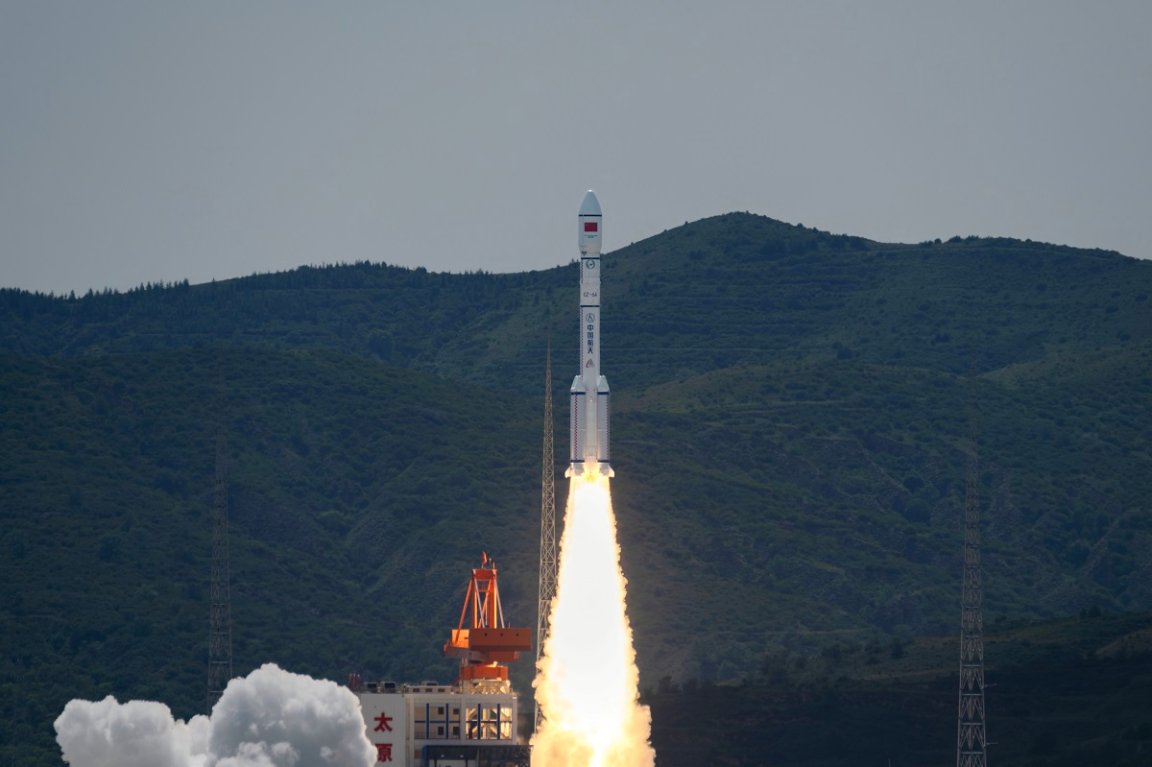
Star Plans
China has deployed its first batch of satellites as it seeks to rival SpaceX’s Starlink communications megaconstellation.
As SpaceNews reports, China has successfully launched the first 18 of its initial satellites for its Qianfan or “Thousand Sails” megaconstellation, which were deployed into low-Earth orbit by a Long March 6A rocket on August 6.
Announced on social media by the China Aerospace Science and Technology Corporation, the successful launch is the first stage of this year’s operations for the Long Sails project. The space agency hopes to launch more than 100 communications satellites this year, nearly 1,300 within the mission’s first stage, and ultimately around 14,000.
While that final figure is more than double the roughly 6,200 SpaceX currently has in orbit, it’s still dwarfed by the 42,ooo the Elon Musk company hopes to deploy. That may be why the other name for the project is the “G60 Starlink Plan,” which does seem a bit on the nose.
Friendly Fire
Like Starlink, China aims to provide global internet access with its communications satellite mission — though it remains unclear whether the service it provides will be hamstrung by the same kinds of censorship that Chinese netizens are forced to contend with.
The Musk-owned satellite project is, apparently, the subject of some ire in China.
As Reuters notes, an editorial published by an outlet affiliated with the country’s People’s Liberation Army described Starlink as a “serious threat to the security of space assets of various countries.” Having studied Starlink in-depth, Chinese military officials posited that the country could respond by creating its own satellite constellation.
What exact military capabilities the Thousand Sails mission is slated to provide remain to be seen — but given how Starlink has been used for on-the-ground comms at various points by both Russia and Ukraine during the former country’s invasion of the former Eastern Bloc state, it’s not hard to imagine what’s going through Chinese military minds.
More on satellites: SpaceX’s Starlink May Be Keeping the Ozone From Healing, Research Finds